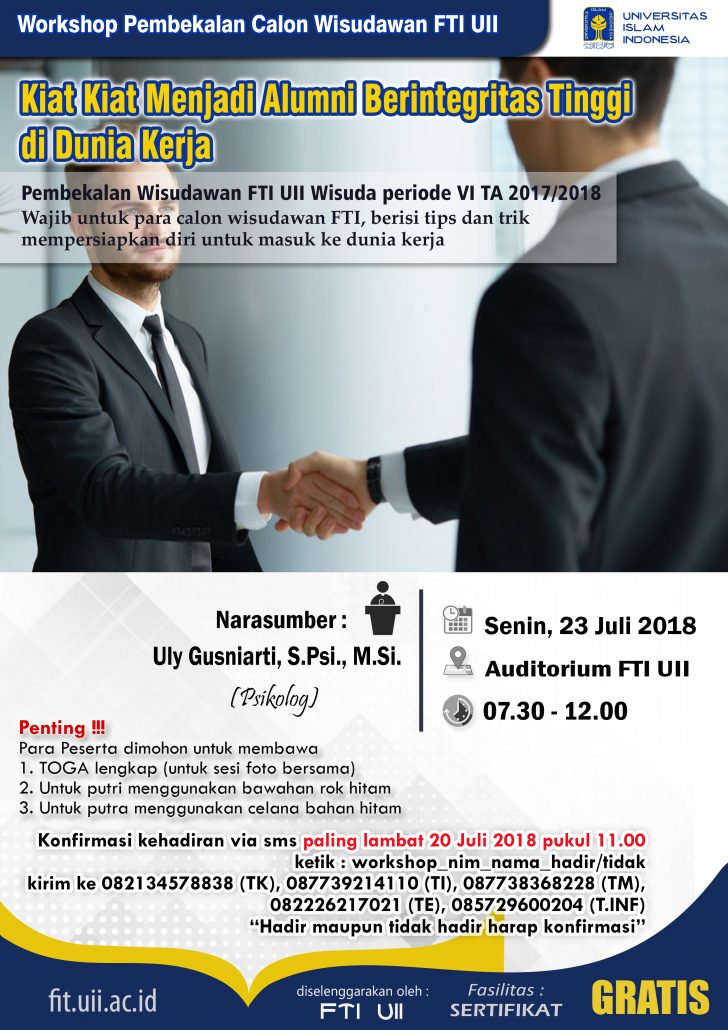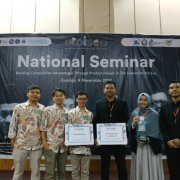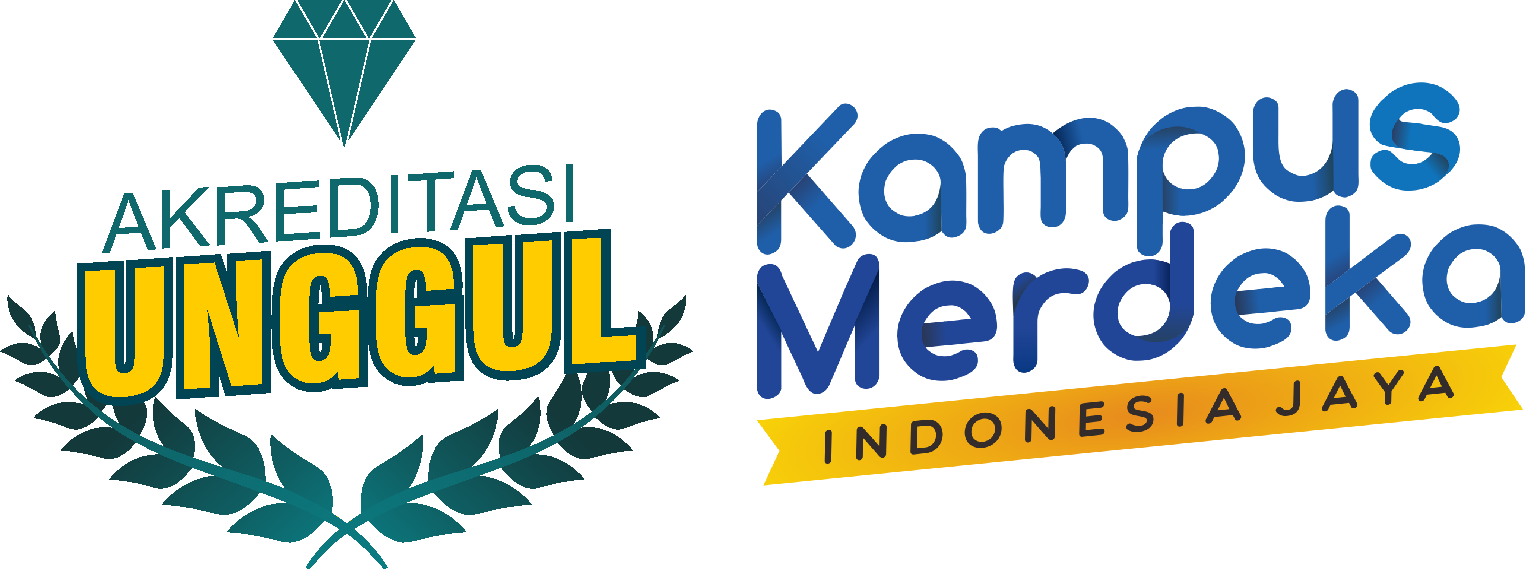Economics is a branch of science that studies how humans or society use limited resources in order to meet unlimited needs in the form of consumption of products and services both now and in the future (future consumption). Engineering economics or engineering economics is a course that studies decision making by using techniques in economics to assess alternatives in the world of engineering. In engineering economics, a decision maker needs to develop several choices by taking into account the optimization of the cost effectiveness arising from these choices. The techniques in question are:
Net Present Value (NPV), which is a net estimate of the value of cash flows over the life of the project / economic life that is converted to present value.
Payback Period, which is the period required to return the entire investment value.
Return on Investment (ROI) or in other terms also known as Rate of Return (ROR), which is an indicator of investment performance measurement. ROI is a ratio that compares income from investments to the value of the investment itself.
Internal Rate of Return (IRR) or often also referred to as Economic Rate of Return (ERR), which is the discount value (i) when the NPV is zero.
Benefit Cost Ratio (B / C Ratio), which is a ratio that compares the value of benefits with costs incurred.
The valuation technique above, views interest (i) as a variable that plays an important role in considering alternative decisions. Interest or interest in Indonesian, born through the concept of time value of money or Time Value of Money (TVM). Money is often defined as something agreed upon by the public as a medium of exchange replacing the barter system that was previously known before. The concept of TVM views that the value of money is a function of time. That is, the present value of money (t) will be more valuable than the value of money in the future (t + n). This causes that when money is used to meet a need, there will be opportunities that are lost rather than just being saved. In addition, money is a limited resource, so money owners must be careful when using it. Therefore, when allocating money for certain needs, a person or an organization needs to be sure that in the future he will get money with a greater value than now. From this understanding an adage is born that interest (i) is the price of money. This is the rational argument for the application of interest at the strategic, operational and tactical level in the global economic system.
What is the Islamic view of TMV? Some parties who allow interest in investment schemes rely on the postulates of debt and misfortune when debt is not paid / paid when people die.
“Being killed in the way of Allah abolished all except debt” HR Muslim.
“That the Prophet sallallaahu ‘alahi wa sallam brought to him the body, so he said,” Does he have a debt? “. They say, “No”. Then Nabipun mendolalatnya. Then another janazah was brought in, then the Prophet sallallaahu ahi alahi wa sallam said, “Does he have a debt?”, They said, “Yes”, the Prophet said, “Pray for your brothers”. Abu Qotadah said, “I bear the debt, O Messenger of Allah”. Then Nabipun mendolatnya “HR Bukhari
These hadiths imply the existence of the valuable value of money today (if debt is in the form of money). In short, that is what proves the concept of TMV in Islam. However, this argument has the disadvantage of the fact that debt is different from investment. Investment is the participation of capital in a joint venture. Investors will get some / all profits when the business is successful and will bear some / all losses when the business fails. While debt is the amount of money or goods that must be returned with the same amount within a predetermined time.
Besides that, Allah has clearly forbidden any muamalah practices that contain elements of usury. “People who eat (take) usury, can not stand but like the establishment of people possessed by demons because of (pressure) insanity. Their situation is like that because they say (opinion) that actually buying and selling is the same as usury. Though Allah has justified the sale and purchase and forbid usury. Those who have reached the prohibition from their Lord, then continue to stop (from taking usury), then for him what he has taken first (before the prohibition comes); and his affairs (it’s up to) Allah. People who return (taking usury), then that person is the inhabitants of hell, they are eternal in it. “(Surat al-Baqarah [2]: 275). A

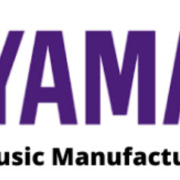 IP IE UII
IP IE UII IP IE UII
IP IE UII
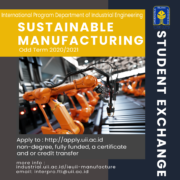
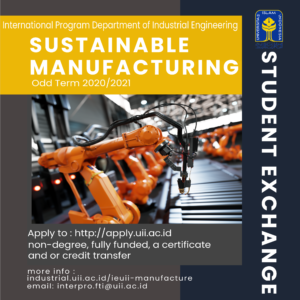
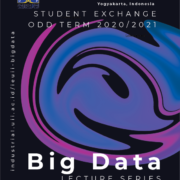 IP IE UII
IP IE UII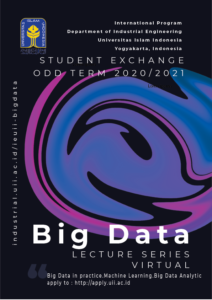
 IP IE UII
IP IE UII